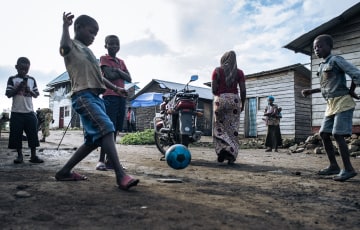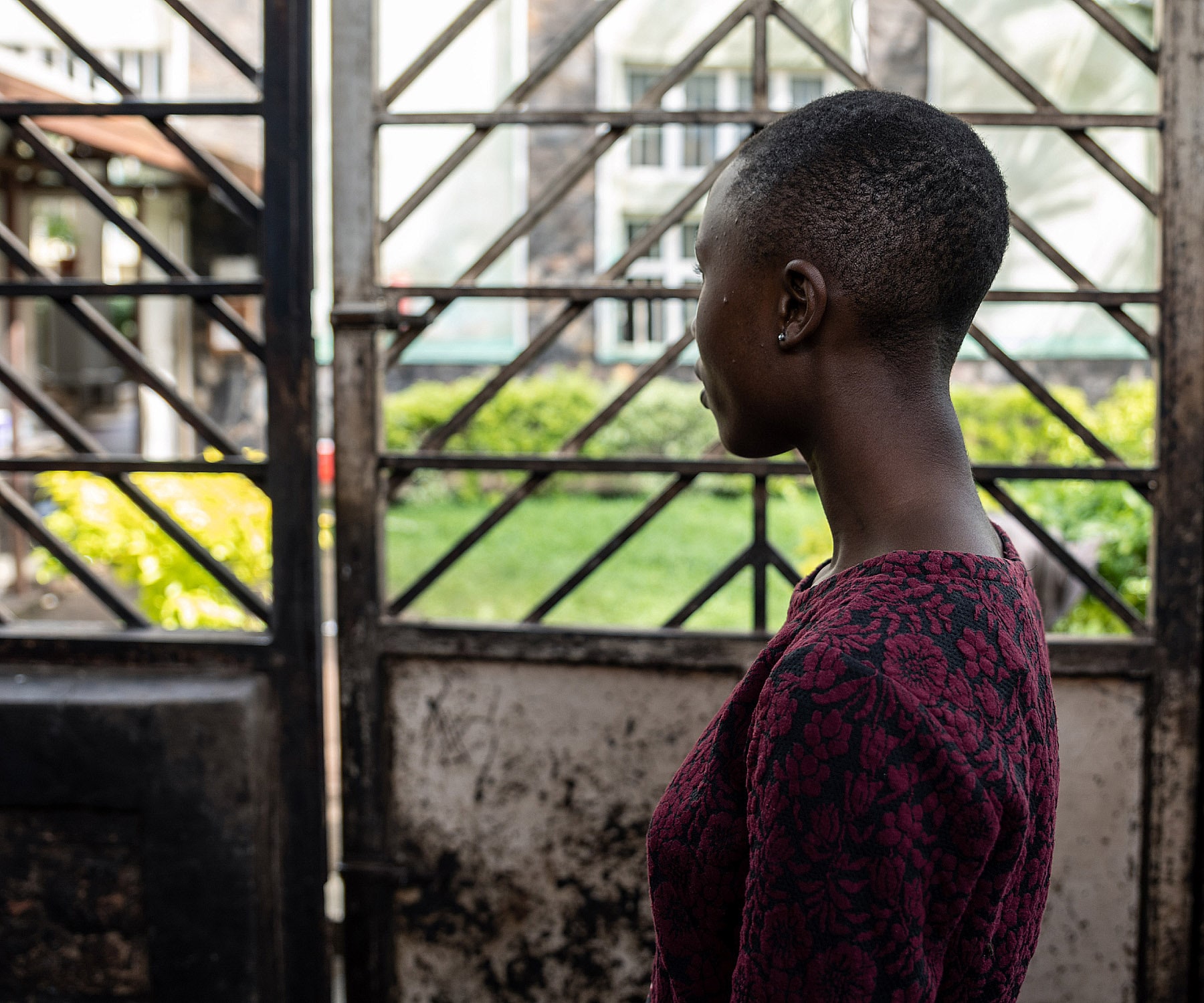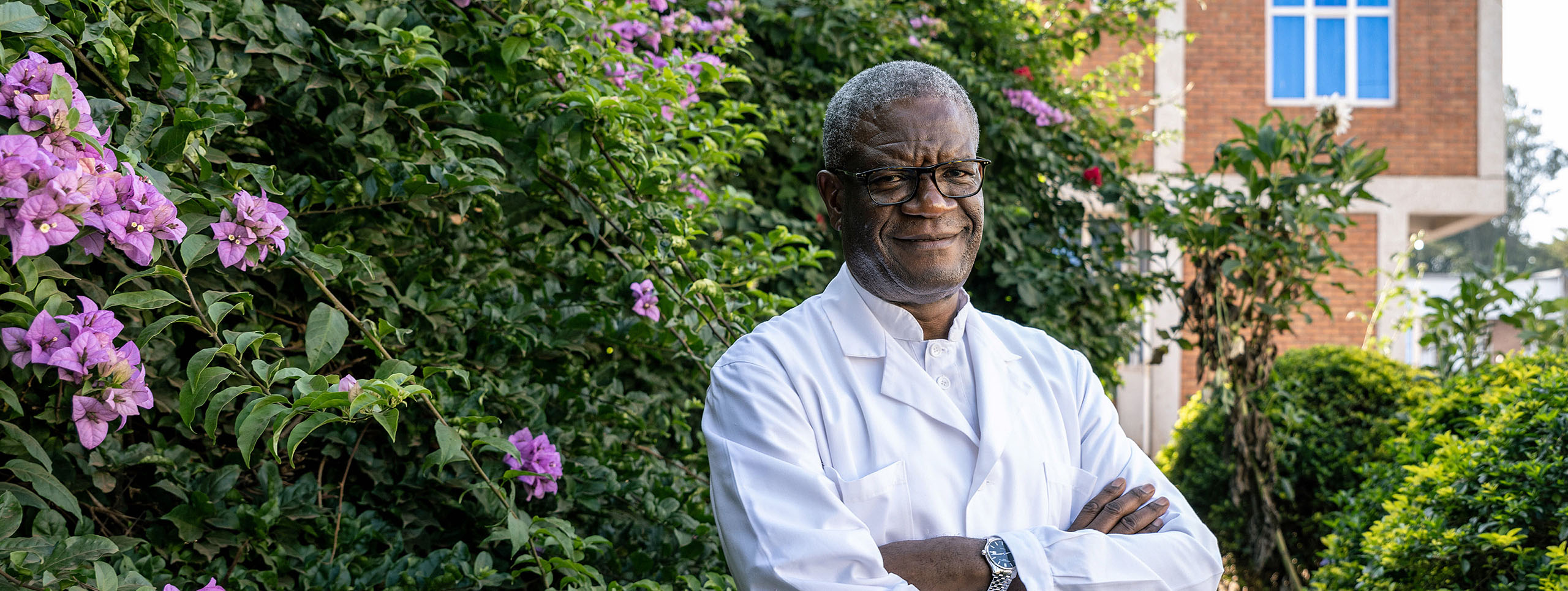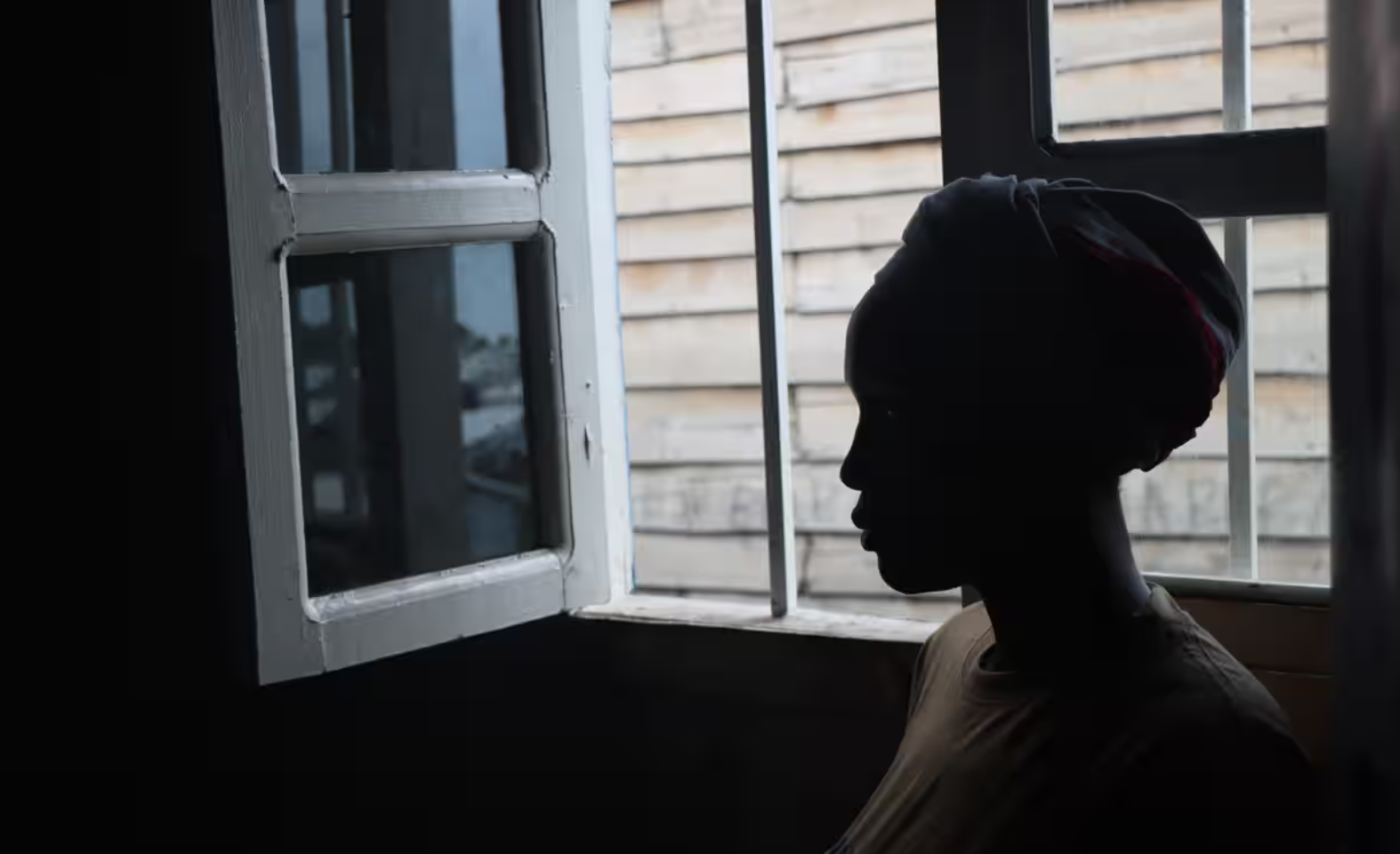**DRC Media Minister Bars Screening of “The Man Who Mends Women – The Wrath of Hippocrates” Documentary**
———————————————————————————————————
(Bukavu, DRC) The following is a statement from Dr. Denis Mukwege, Founder and Medical Director of the Panzi Hospital and Foundations:
“It is with a great regret that we must confirm we have been informed of the prohibition of screening the documentary film of Thierry Michel and Colette Braeckman in DR Congo.
“We attended the film premieres at The Hague, in Brussels, and in Paris. We are impatient for our compatriots to see it in their country. This film was made for them. This film belongs to them.
“The DRC Media Minister’s decision to censor the film makes plain the will of the government to refuse the Congolese people their right of access to information, to their history and their right to collective memory, and to tell the truth. This decision demonstrates the minister’s intent to manipulate and control the people.
“In effect, we live under a climate of oppression, deterioration of human rights, and suffering with constrictions on our fundamental freedom.
“This censorship adds to a lengthy list of instances where we were targeted. In 2008, we received the United Nations Human Rights Prize, which we shared with other bold leaders in the field of human rights. On behalf of the Congolese people, the Human Rights Prize gave much needed recognition of the suffering and conflict we face. The DRC government shuttered access to this information, silencing us and all interested persons within our country. Radio stations and Congolese television broadcasts were prohibited from introducing their audiences to this information.
“Nearly one year ago, more than 700 deputies of the European Parliament representing the 28 Member States of the European Union, by unanimous vote, awarded the Sakharov Prize for Freedom of Thought to me and by extension to the Congolese women who are victims and survivors of acts of sexual and gender based violence. The Sakharov Prize resonated with media worldwide, except in DR Congo where only a few people were able to hear the news.
“In January 2015, widespread demonstrations broke out in Kinshasa and across the DR Congo, where citizens voiced their opposition to a constitutional review and proposed changes to our electoral system. They faced a bloody suppression of their rights, accompanied by the muzzling of free press, targeting of internet access particularly by blocking social networks, and interrupting radio and television signals, and even individual outlets like RFI.
“Undertaking these measures in no way demonstrates the honor of our representatives, and it further damages the image of our country and our leaders.
“Today, it is incomprehensible that the testimonies of women and civil society in this documentary recounting the harsh reality experienced by tens of thousands of women over the last twenty years, but also their ability to regain strength and live with dignity, reflects so badly on the authorities that they have decided to ban it, effectively silencing these citizens.
“Jesus said: “You will know the truth and the truth shall set you free.“ Let us hope that this ban is temporary, because the truth, even if it is difficult, was and remains destined to emerge.”
###



